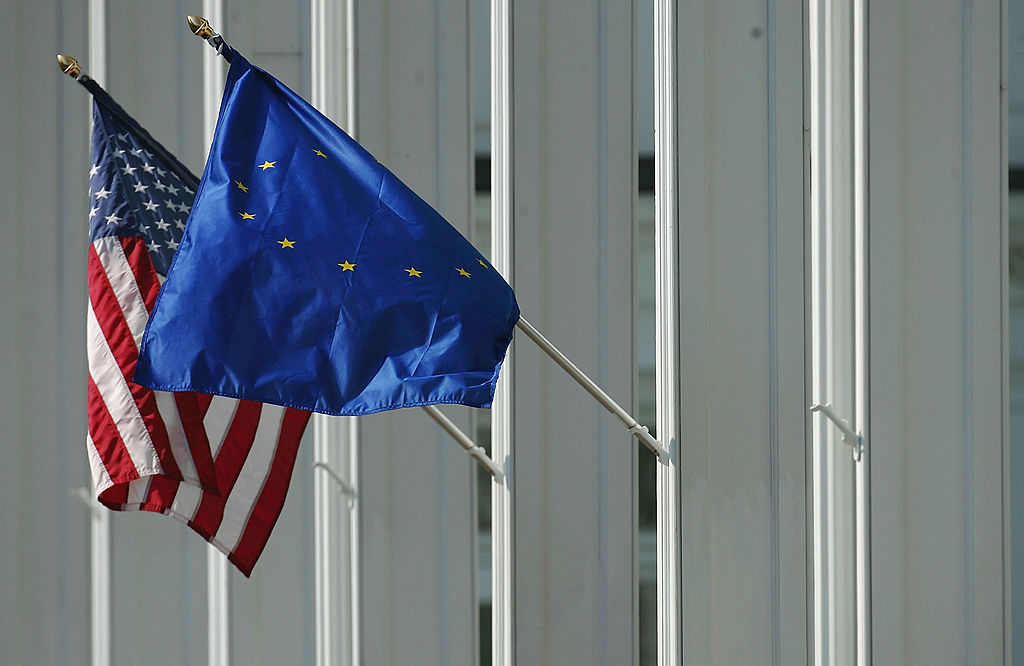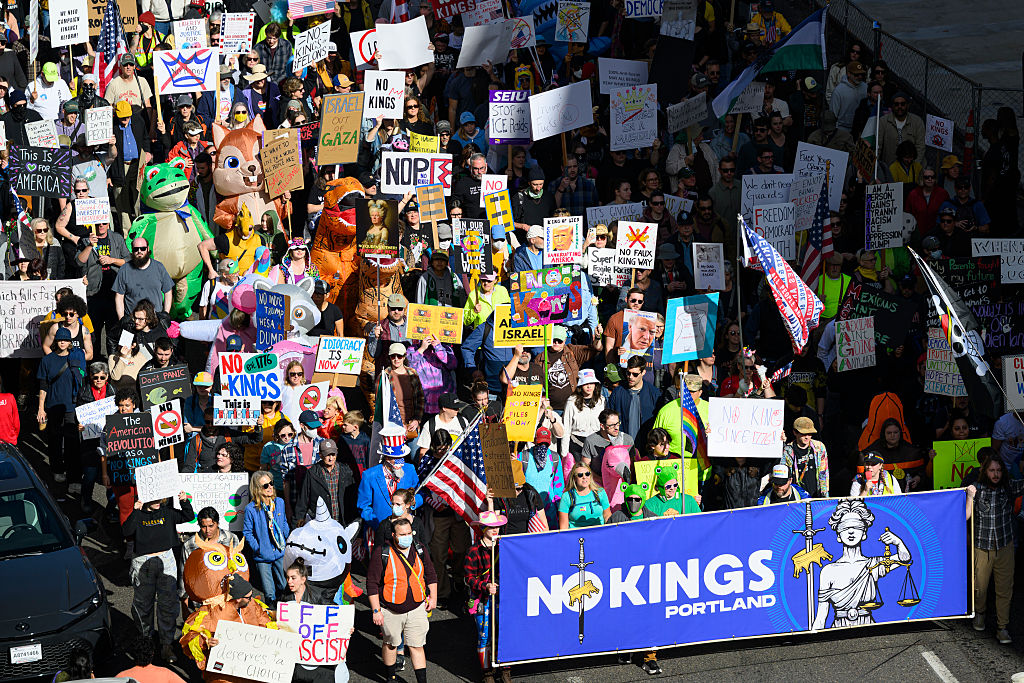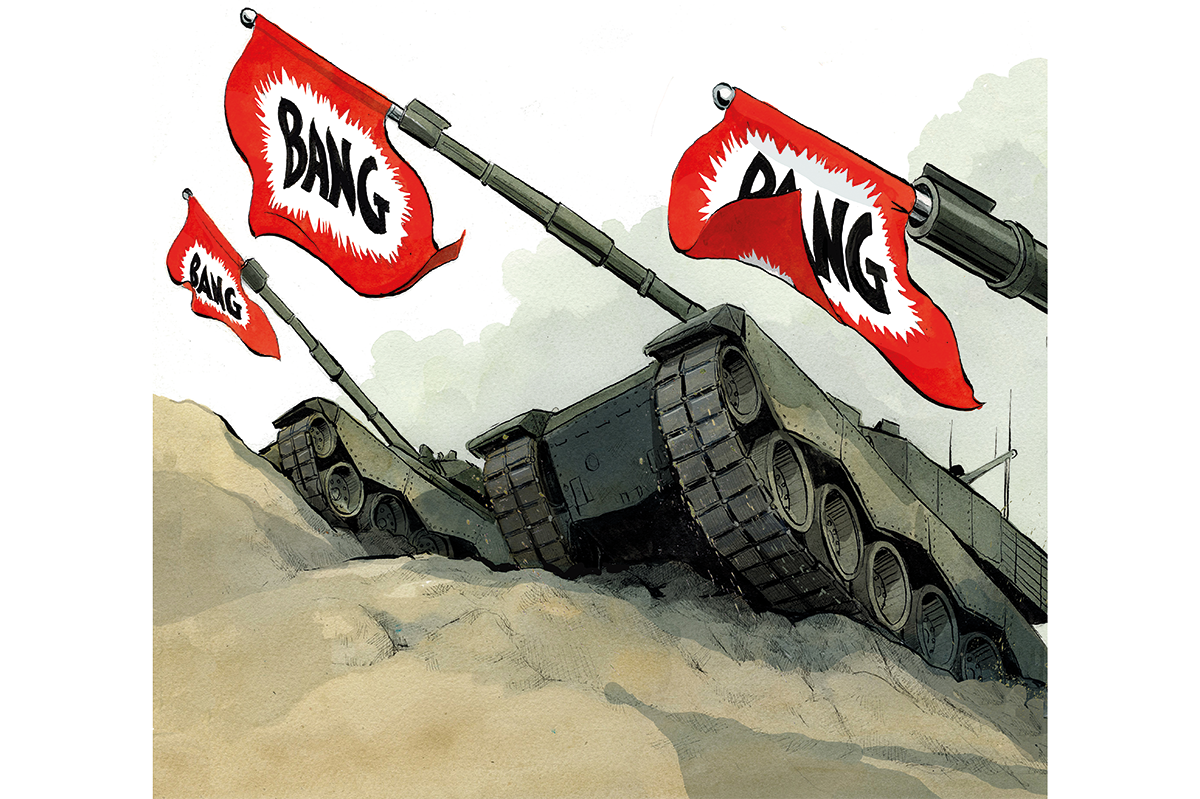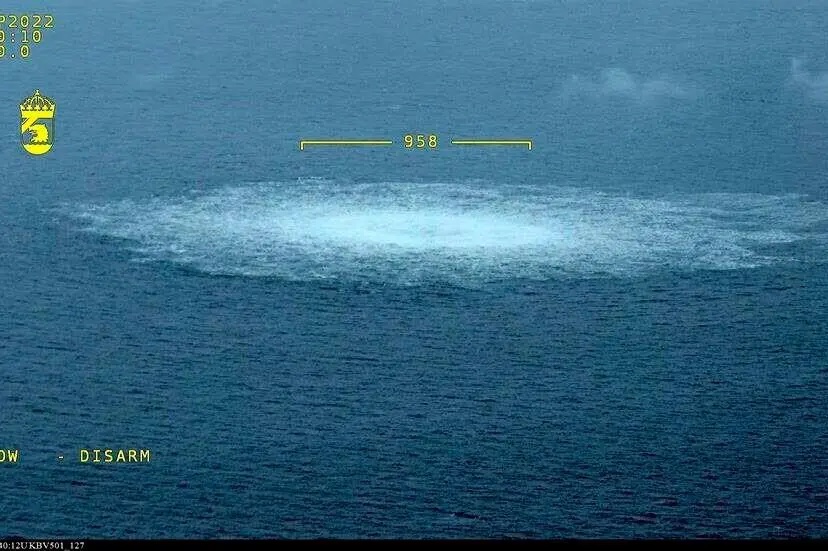All is not well in the transatlantic relationship.
This might come as a surprise given that the United States and Europe have been remarkably unified on Europe’s most urgent security crisis in the post-Cold War era. Despite Russian President Vladimir Putin’s attempt to inject division into the pro-Ukraine coalition by throttling gas supplies to Europe, the West is sticking to its guns, maintaining sanctions on Moscow until either the war ends or Russian troops are forced to withdraw.
This consensus, however, has masked disputes between Washington and its European allies that are becoming more difficult to manage. Talking points about solidarity aside, the US and Europe are clashing, with European politicians griping over what they see as an insufficient understanding by the Biden administration as to how American policies impact the continent.
The most visceral dispute is over Biden’s signature Inflation Reduction Act, which was signed into law over the summer. This $739 billion piece of legislation is designed in part to boost the competitiveness of American manufacturing and dump significant investment into green energy projects. The Europeans are frustrated with one section of the law that provides $369 billion in subsidies and tax breaks to green businesses based in the US, a provision European officials fear will incentivize the continent’s industry to move operations stateside.
French President Emmanuel Macron will use his state visit to the White House this week in part to press those concerns and avoid a possible US-Europe trade war. If Macron fails to change minds in Washington, the EU may enact subsidies of its own to protect European manufacturing; Macron suggested as much in October.
The second item causing fissures in the relationship is energy. Putin’s decision to stop pumping natural gas through the Nord Stream pipeline has significantly reduced supply and caused prices in Europe to spike. While natural gas prices on the main TTF exchange have dropped by more than 64 percent since their August 26 high, they are still more than two and a half times higher today than at this time last year. The Europeans have spent most of the year compensating for the loss of Russian gas by speeding up the purchase of liquified natural gas (LNG) from other suppliers, primarily the United States, which became the world’s leading LNG exporter this year. Partly due to those sales, the US is making a killing: American natural gas exports set a record in 2021, and it wouldn’t shock anyone if exports this year were even higher.
Europe needs gas, so EU leaders will buy the fuel wherever they can find it. Very often, that means buying from the Americans. However, those same EU leaders aren’t happy with the prices they’re paying, going as far as to accuse US energy companies of profiteering off an energy crisis. American officials promptly responded that if anyone was profiteering, it was European energy corporations that were signing contracts for US gas and then selling them back to European utilities for a hefty profit. According to the Financial Times, British oil giant Shell reported $30 billion in earnings from gas trading in the first nine months of the year.
Then there’s the issue of military aid to Ukraine. The United States is the biggest arms supplier to Kyiv by far. The Defense Department’s latest factsheet, published on November 23, puts American military assistance to Ukraine at more than $19 billion since the war began in February. Whereas some European countries, like Germany, have taken ages to deliver the military equipment they’ve promised, while others, like France, have been lackluster in their own weapons deliveries. After the US, the United Kingdom has been the most active at arming the Ukrainian military, but at a combined €3.8 billion, the UK’s contribution is only 14 percent of what Washington has given.
The disparity is evident in the economic assistance as well. The Kiel Institute reports that the US has disbursed €8.5 billion in budgetary support for the Ukrainians. And while the EU has promised €12.3 billion, only €3.6 billion, or less than 30 percent of that sum, has actually been delivered. As my friend and colleague Rajan Menon wrote in the Los Angeles Times this week, the aid gap between the US and Europe is “unwarranted,” and even more so when one considers that Europe’s GDP is on par with America’s.
European muttering that America’s defense industry is making a lot of money off the war should be met with eye rolls. These are the same Europeans, after all, who consistently advocate for a Ukrainian military victory against Russian aggression, yet it’s difficult to fight and win a war without the necessary military equipment. It’s another case of Europe pointing fingers and projecting onto others instead of facing its own problems. If Europe’s military-industrial supply chain was in better shape, the US would be able to step back a bit from the war effort.
Of course, if the US did that, the Europeans would just find another reason to complain.

























